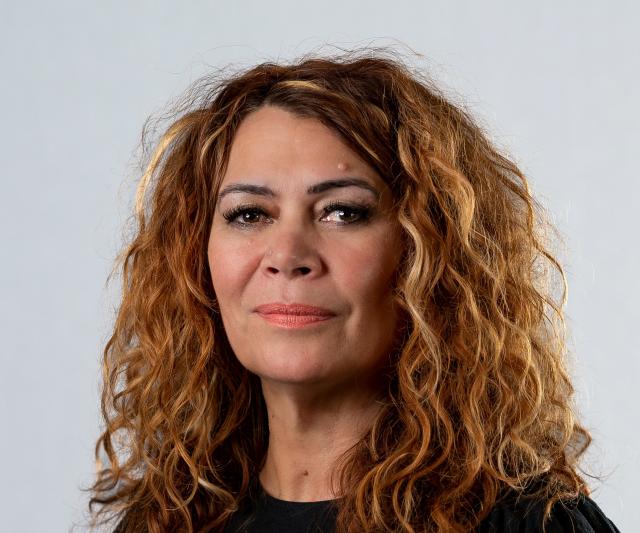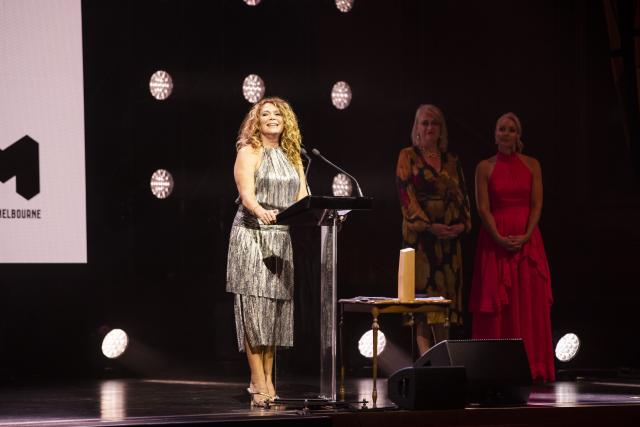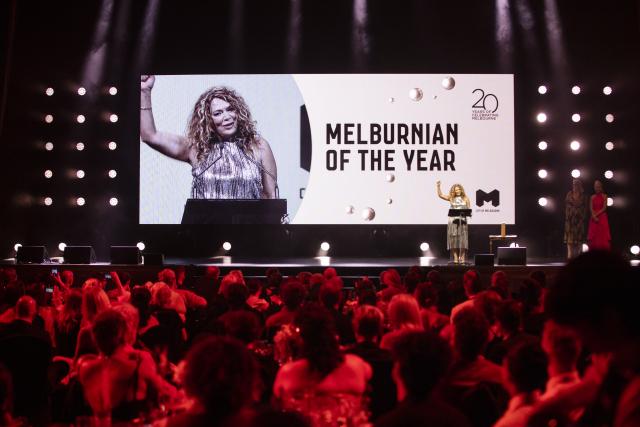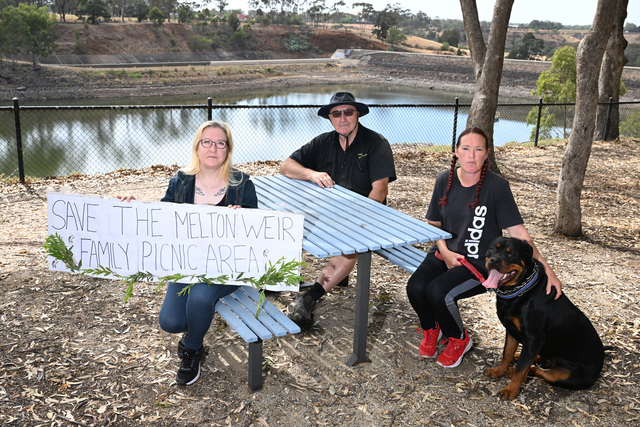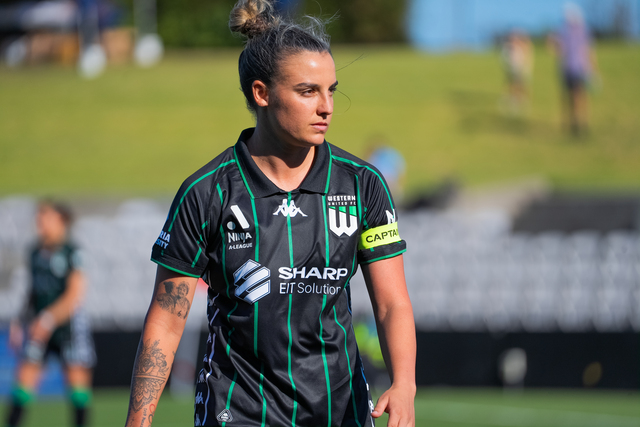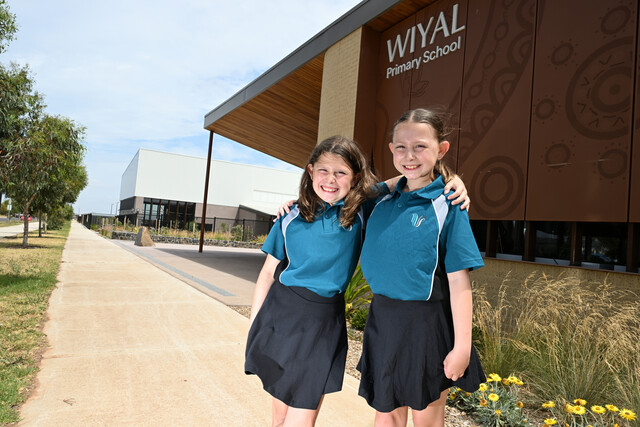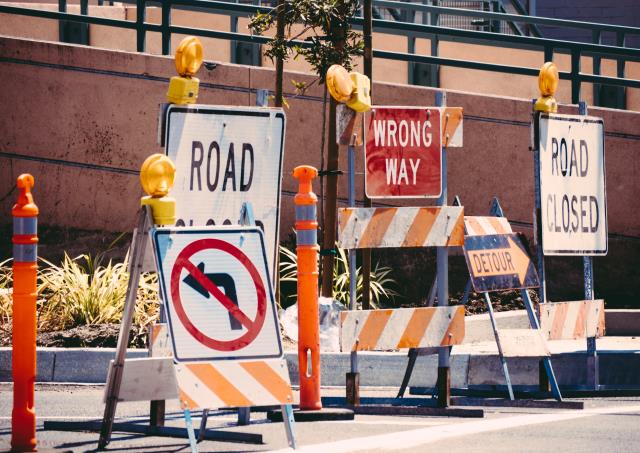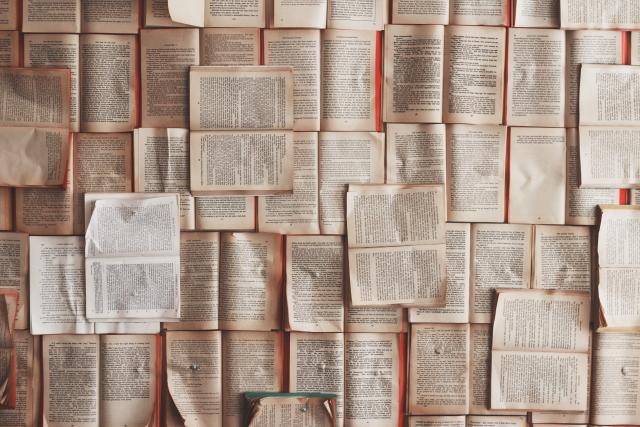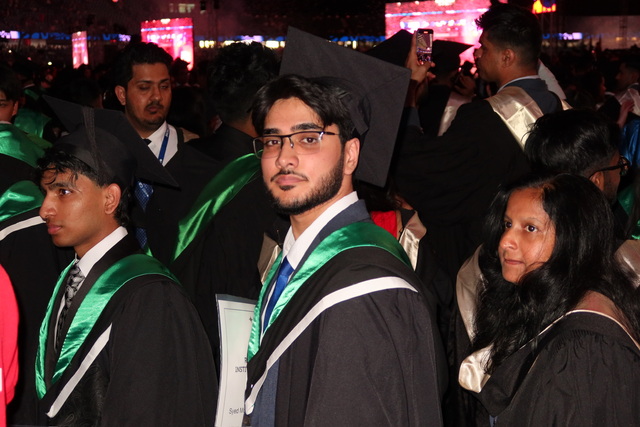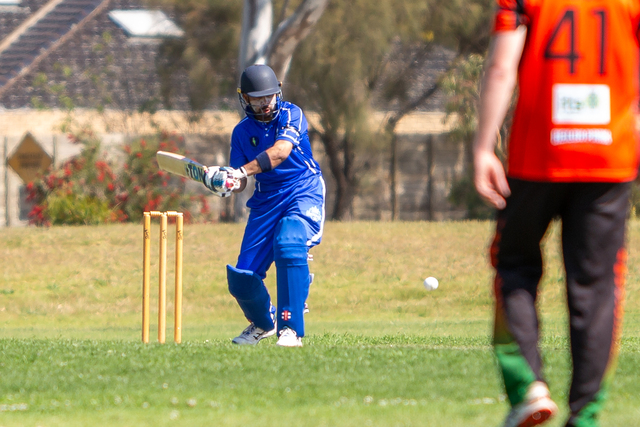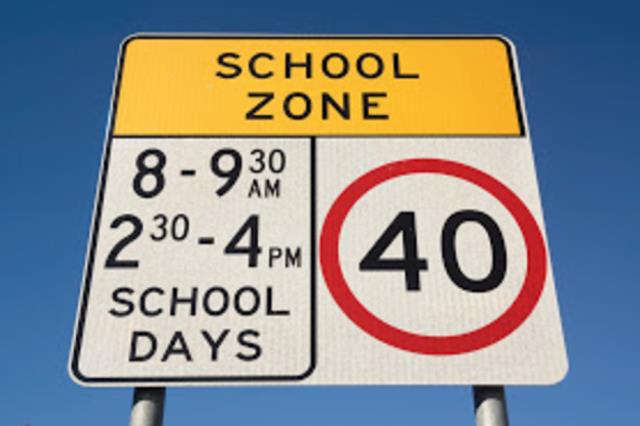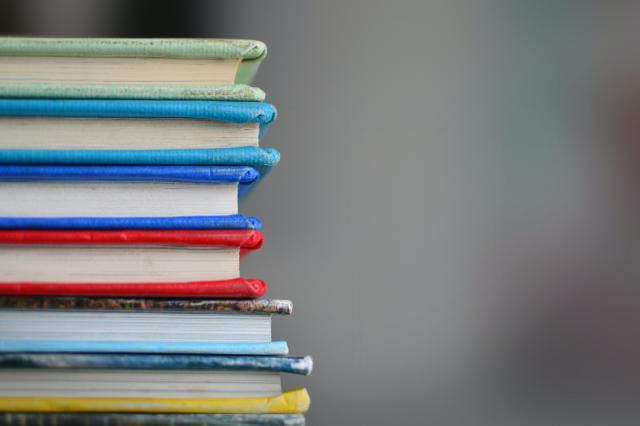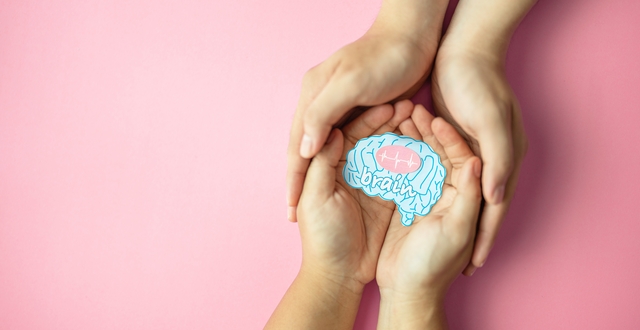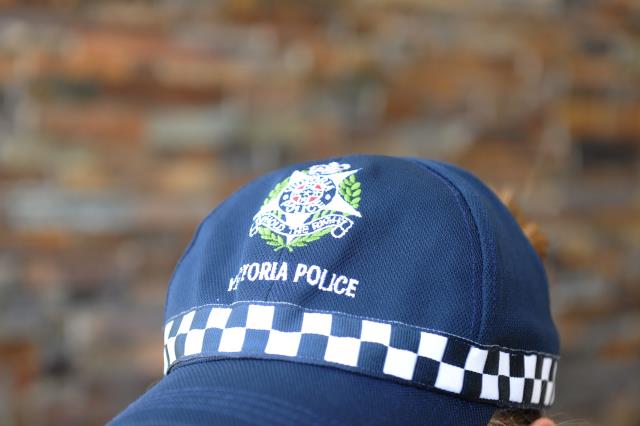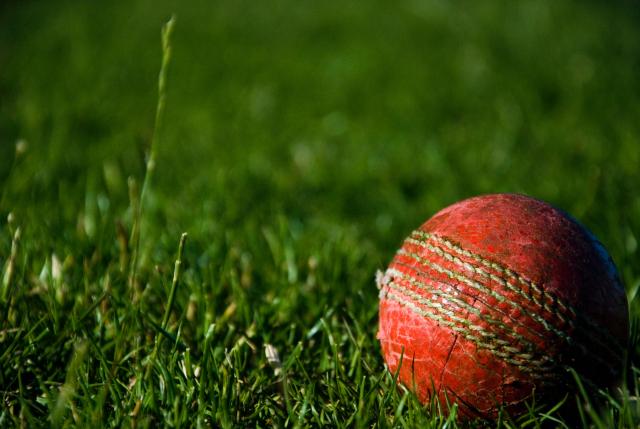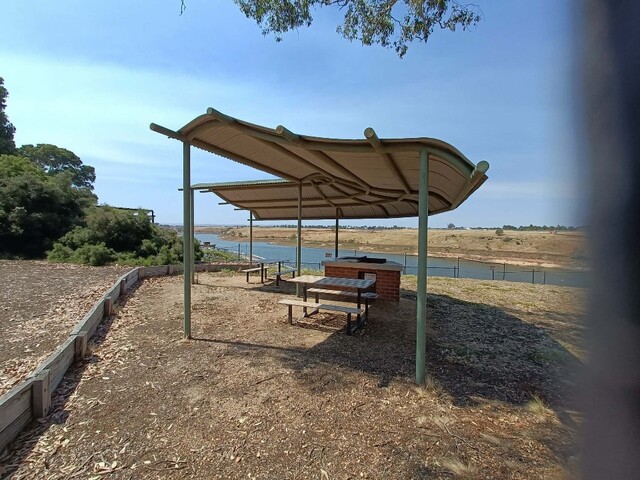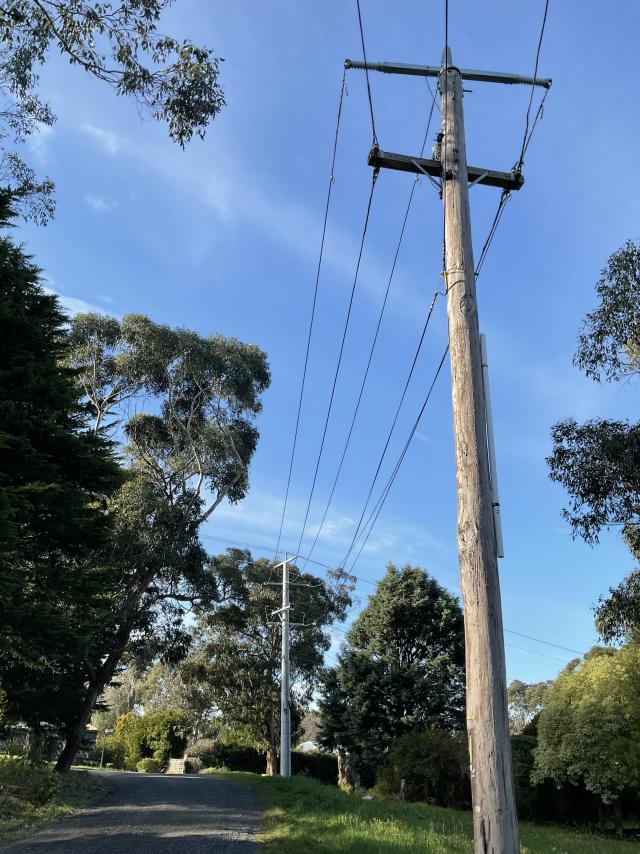Melburnian of the Year Antoinette Braybrook talks to Liam McNally about growing up in Melton, her work with Djirra and what the award means to her.
When Djirra chief executive Antoinette Braybrook was named the Melburnian of the Year in November, she said she was “deeply honoured” but it was “hard to believe ” she was the first Aboriginal person to receive the accolade in its 20-year existence.
“I dedicate this honour to Aboriginal women, recognising the strength and courage of every Aboriginal woman who has put her trust in me and our organisation Djirra for over two decades,” she said.
Djirra is an Aboriginal Community Controlled Organisation that supports Aboriginal and Torres Strait Islander people who experience family violence, predominantly women and their children. Ms Braybrook has been leading Djirra since its inception in 2002.
Ms Braybrook’s family line is through the Kuku Yalanji, North Queensland, but she was born in Melton, on Wurundjeri country.
She said she has a “really strong” connection to Melton. Fifty years ago, hers was the only Aboriginal family she knew of in the area.
Her family made inroads to connecting with the community through sport – her mother being “instrumental” in setting up what is now the Melton Netball Association and her father and brothers playing for Melton South Football Club.
Despite the “many strong friendships” she maintains, she wouldn’t “say it was easy” growing up in Melton.
“We experienced racism,” she said.
She said this racism was the catalyst for her leaving school at just 15.
“I left school with really low self-confidence. I had no self worth, I just felt like I was not valued in any way, and that was difficult to reconcile –at home, my mum and dad always made us feel proud of our culture and identity, but outside of the family home we were made to feel the lesser,” she said.
Ms Braybrook “pushed through” these feelings throughout her early working life, with the help of “strong family and support networks,” and at age 30 enrolled in a law degree.
“It was overwhelming, and scary. I felt like an imposter, but I did it, and here we are,” she said.
She said the proudest aspect of her career is Djirra’s work and growth, whose staff are 40 per cent Aboriginal women in 101 funded positions spread across nine offices in Victoria.
The organisation is working towards opening an office in her home town of Melton next year, which has the third highest rates of family violence in greater Melbourne, and the fastest growing Aboriginal population.
Another career highlight was making four interventions at the United Nations 41st session in 2019 around the high removal rates of Aboriginal children, Aboriginal women being the fastest growing prison population in Australia, punitive income management programs and solutions to addressing the high rates of violence against Aboriginal women.
Ms Braybrook said the interventions were about “keeping Aboriginal women visible,” which she also intends to do with the Melburnian of the Year award, including by hopefully building the first Aboriginal Women’s Centre in Melbourne.
She said violence against Aboriginal women is “continuing to rise”.
“In Victoria, Aboriginal women are 45 times more likely to experience family violence and 25 times more likely to die from a violent assault than other women,” she said.
“I also want to point out that we know that around 90 per cent of the violence against our women, our people, goes unreported. So these numbers really do not speak the truth.”
One of Djirra’s biggest calls nationally is to have a dedicated national plan to end violence against Aboriginal and Torres Strait Islander women and their children, “because we don’t want to be lost and invisible in mainstream plans.”
Ms Braybrook said her work is a “lifelong commitment”, both in the family violence sector and wider aspects of racism.
“Racism isn’t just isolated to one area, I think that it’s still very much alive and thriving across the country,” she said.
“It impacted significantly on my life, but now I tackle it head on. I try not to let it diminish me.”
In the current political climate there’s national attention on Aboriginal issues, with the Closing the Gap report, Voice to Parliament, federal laws protecting indigenous sites, and the inquiry into Missing and Murdered First Nations Women and Children.
Despite the “extremely disappointing” results in the latest Closing the Gap report, Ms Braybrook is hopeful about “big steps being taken”.
“I think that they’re important steps, and I think that to have a new government has been a breath of fresh air, especially to have Linda Burney, an Aboriginal woman be appointed as the minister for Indigenous Australians,” she said.
“I feel that we’re starting to see a new way, a different way, because we can’t keep doing things the same old way and expecting a different result.”
Ms Braybrook said that even on a social level, for everyday people there’s “so much work to do”.
“A good start is for people is to inform themselves of the real history of this country and understand that the past injustices are not just of the past, they are very much present today,” she said.
“Colonisation didn’t just happen at a point in time, it’s been an ongoing process, and so it would be really good for people to understand that everyone’s got an individual responsibility in dismantling the oppressive structures which continue to disadvantage our people.”
Details: https://djirra.org.au/

